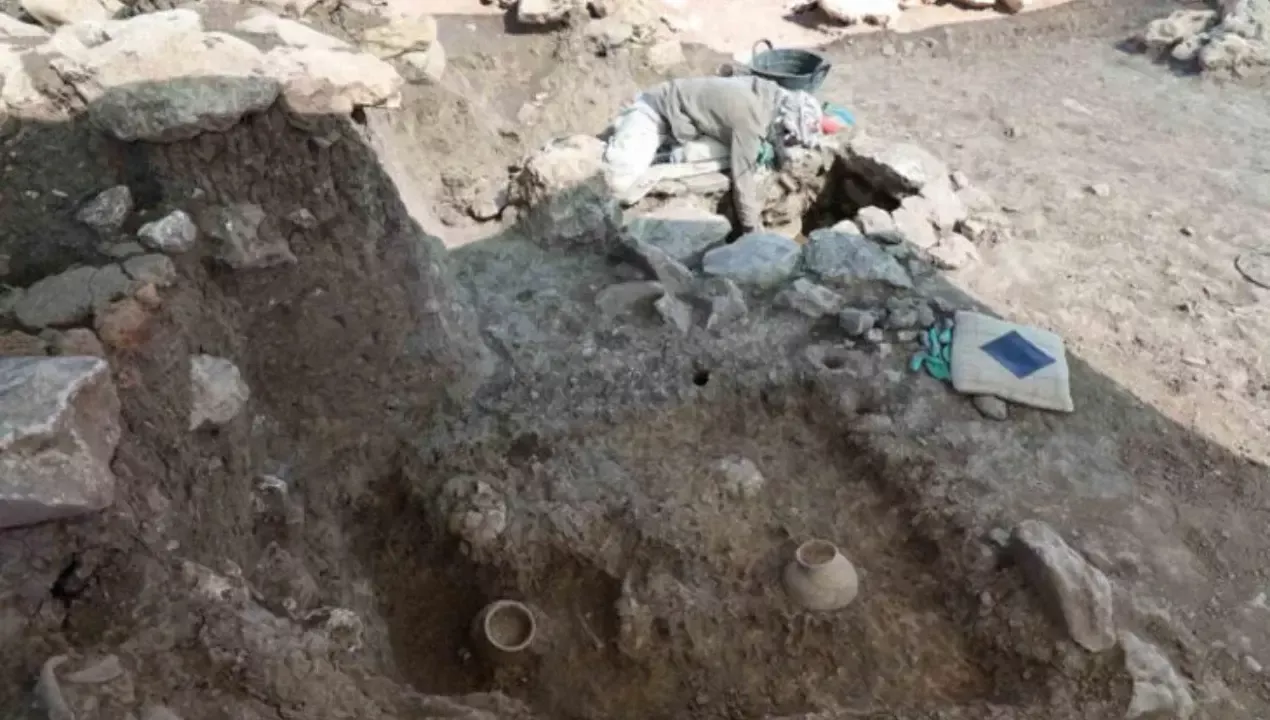An 11,000-Year-Old Neolithic Tomb Discovered in Turkey

Archaeologists in Turkey have discovered a grave dating back 11,000 years to the Neolithic period. This was reported by Zamin.uz.
According to Arkeonews, a total of six graves were uncovered during the excavations, five of which belong to the early Bronze Age, and one to the Neolithic period.
The research was conducted under the leadership of Associate Professor Savash Sarialtun from the Faculty of Applied Sciences at Çanakkale University. The excavations, which began in May, lasted five months and resulted in the discovery of architectural monuments as well as graves.
According to Sarialtun, these findings help to understand how the Çayönü population transitioned from a nomadic lifestyle to developing agriculture and building a complex society. The Çayönü area, located near the Tigris River, has been excavated since 1964 as one of the earliest agricultural sites.
It is known that the first inhabitants here domesticated plants and animals, and by the 10th millennium BCE, they had abandoned a nomadic lifestyle. Since 1964, archaeologists have found over 600 human skeletons in this area, most of which date back to the Neolithic period.
The newly discovered six graves are important for filling the chronological gap between the Neolithic and early Bronze Age. These findings provide an opportunity for a deeper study of historical processes.







